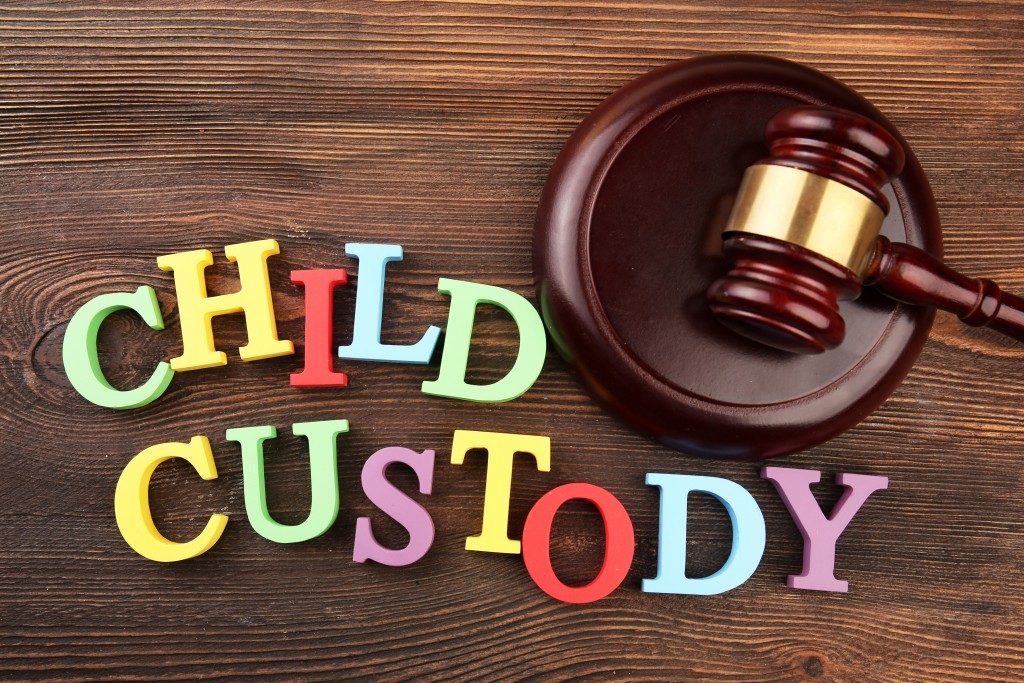Raising a family is a huge responsibility that requires everyone to chip in and do their part. For a family to function correctly, each member must know and understand their role within the family unit. Additionally, the law also plays a role in dictating the parts of each family member.
If you want to navigate the law and ensure that you uphold your responsibilities as a family member, you need to know.
Traditional Roles
In the past, there were clear roles assigned to the family members. While these traditional roles are no longer commonplace, they can still guide how families operate.
Father
The father is typically the head of the household and is responsible for providing for his family financially. He is also responsible for making significant decisions for the family and protecting them from harm.
If a father fails to uphold his responsibilities, he may be subject to legal consequences. For example, if a father does not pay child support, he may be held in contempt of court.
So, fathers need to be aware of their responsibilities and take them seriously. Besides, it’s only fitting that fathers take an active role in their family’s lives.
Mother
The mother is typically the heart of the household and is responsible for nurturing and caring for her family. She is also responsible for managing the home and keeping everything running smoothly.
There are cases where the mother may also be the head of the household if the father is not present or unable to fulfill his responsibilities. In these cases, she would take on all the father’s duties and her own.
When a mother does not do her duty, she may face legal consequences. For example, if a mother does not properly care for her child, she can be charged with neglect.
Therefore, mothers need to be attentive and make sure that they fulfill their responsibilities. After all, the well-being of her family is at stake. And ultimately, it’s all worth it when you see your family happy and healthy.
Children
Children are typically the most vulnerable family members and need to be protected by their parents. They are also responsible for obeying their parents and following their rules. Additionally, children have a responsibility to respect their elders and help out around the house.
While children may not have as many responsibilities as their parents, they are still essential family members. And they must take their role seriously. When children behave well and do their part, it helps the entire family unit function smoothly.
Modern Shifting of Roles
In recent years, there has been a shift in traditional family roles. With more women working and more fathers staying at home, the lines have blurred. Now, both parents typically share the responsibilities of providing for their family and caring for their children.
Additionally, the law has also changed to reflect these modern family dynamics. For example, mothers and fathers now have an equal right to custody of their children.
Parental Responsibility

Despite the changing family dynamics, one thing remains the same: parents are responsible for their children. That means they must provide for them financially, emotionally, and physically. Additionally, parents must also ensure that their children are educated and well-rounded.
On the other hand, suppose a couple fails to conceive a child naturally. They may opt for assisted reproductive technologies (ART) such as in-vitro fertilization (IVF). However, the law surrounding ART is still evolving. In that case, an alternative would be to adopt a child.
Adopting a child comes with its own set of responsibilities. For instance, the adoptive parents must provide a safe and loving home for their child. They must also ensure that their child is adequately taken care of and has everything they need to thrive.
In this case, an adoption attorney might come handy. These professionals can help adoptive parents navigate the legal process and ensure that they fulfill their responsibilities.
Separation and Divorce
Separation and divorce are challenging for everyone involved. The law recognizes this and has put measures to protect children and spouses. For instance, child custody laws aim to ensure that children get placed in a safe and stable home after their parents’ divorce.
Divorce can also take a toll on the finances of the family. That’s why the law provides for spousal support and child support payments. This way, the custodial parent can still provide for their children even after the divorce.
Each family member has their specific roles and responsibilities. And while these roles may have changed over time, they are still essential to the functioning of a family. Recognizing and fulfilling these responsibilities is key to having a happy and healthy family life. And the law is always there to protect the family unit.



